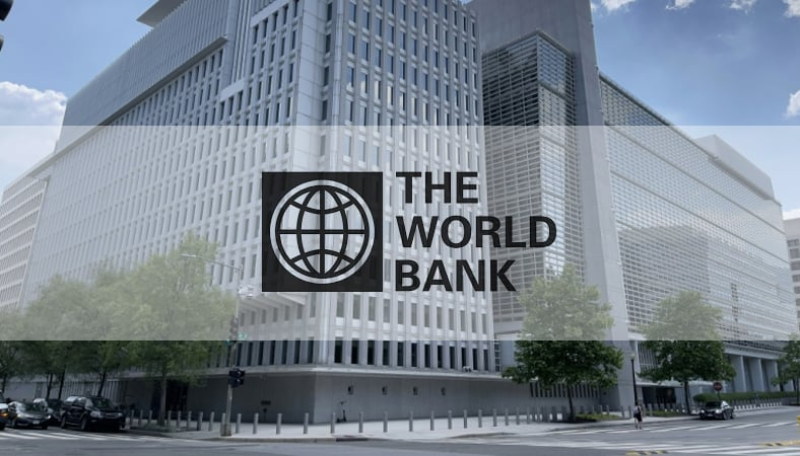- Puppet show enchants Children as Boi Mela comes alive on day 2 |
- DSCC Admin Salam’s drive to make South Dhaka a ‘clean city’ |
- 274 Taliban Dead, 55 Pakistan Troops Killed |
- Now 'open war' with Afghanistan after latest strikes |
- Dhaka's air quality fourth worst in world on Friday morning |
Bangladesh's Macroeconomic Situation Has Improved: WB

Bangladesh’s current macroeconomic condition has significantly improved compared to a year ago, according to the World Bank’s new Vice President for South Asia, Johannes Zutt.
Zutt shared the assessment during a meeting with Finance Adviser Dr Salehuddin Ahmed at the Bangladesh Secretariat on Sunday.
Briefing reporters after the meeting, the Finance Adviser said, “The World Bank has commented that the macroeconomic state is now very good. Nearly a year ago, we feared a difficult situation, but now we believe we are on the right track.”
The World Bank delegation expressed satisfaction with Bangladesh’s financial sector, balance of payments, and foreign exchange reserves. Zutt also acknowledged the improvements made in these areas.
The meeting also touched on the importance of private sector development and attracting more foreign direct investment (FDI), a point the World Bank strongly emphasised.
Johannes Zutt, who previously served as the World Bank country director in Bangladesh 10–12 years ago, noted the country’s progress in physical infrastructure development during that period. Under the World Bank’s new system, his regional office will now be based in New Delhi instead of Washington, D.C.
The Finance Adviser mentioned that Bangladesh has received all requested support from the World Bank and plans to raise further assistance during the upcoming World Bank–IMF Annual Meetings in October.
He also said the World Bank expressed satisfaction with ongoing financial reforms, including initiatives by Bangladesh Bank and the restructuring of the National Board of Revenue (NBR) into two entities.
Other issues discussed included World Bank-supported projects involving Chattogram Port and the proposed container terminal at Laldia. The International Finance Corporation’s (IFC) operations were also part of the discussion.
When asked about US tariff concerns, Dr Salehuddin said further details would be shared by the Commerce Adviser upon returning from negotiations.
Johannes Zutt arrived in Dhaka on Saturday. The World Bank has committed approximately $46 billion to Bangladesh since its independence, primarily through grants and concessional loans.

